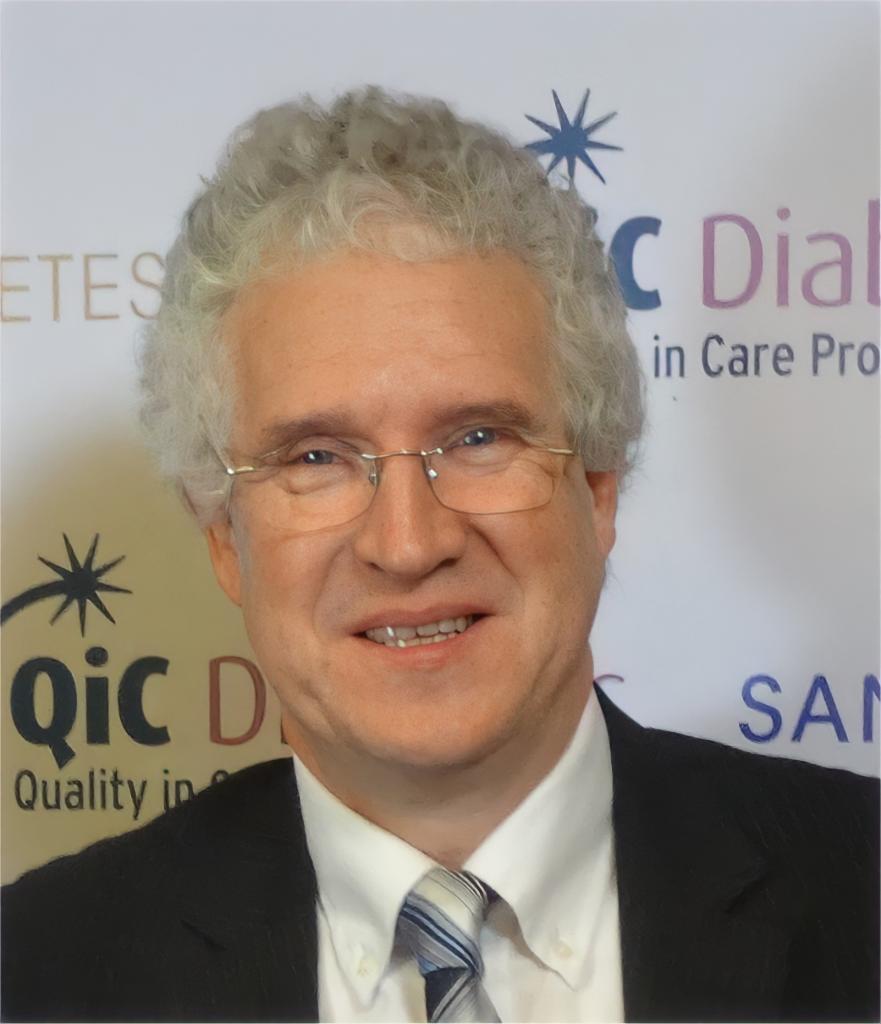On Demand webinar: 40% of men with type 2 diabetes have symptomatic testosterone deficiency – why are we still not finding and treating these men?
In the fourth of our 2022 ABCD webinar series, please join Dr Bob Ryder and Professor Hugh Jones to discuss symptomatic testosterone deficiency.
40% of men with type 2 diabetes have symptomatic testosterone deficiency. Testosterone deficiency is associated with an adverse effect on cardiovascular risk factors, osteoporosis and psychological wellbeing amongst other issues. Testosterone deficiency is also associated with an increased mortality in type 2 diabetes. Testosterone replacement has been shown to improve insulin resistance, lower HbA1c, lower cholesterol, reduce body weight, reduce mortality and make the patient feel better.
In this webinar we will provide the scientific data behind the information just given and also explain with examples the benefits of the ABCD nationwide audit programme with explanation and encouragement as to why clinicians should change their practice to try and identify their patients with symptomatic testosterone deficiency and enter them into the ABCD worldwide audit of testosterone deficiency in men with type 2 diabetes.
Q& A will follow this presentation
3


